Police union calls to bring Army back to border
Police are calling for the Army to return to the state’s border checkpoints due to the impending arrival of Victorians into NSW – and fears they could then try to illegally enter Queensland. It comes as the Premier refuses to budge on the border blockade.
QLD Coronavirus News
Don't miss out on the headlines from QLD Coronavirus News. Followed categories will be added to My News.
THE army should return to border checkpoints to help combat an expected flood of visitors as restrictions continue to ease around the country, according to the Queensland Police Union.
The New South Wales government on Wednesday confirmed it would reopen its border with Victoria, Australia’s busiest, on November 23 while states such as Tasmania, Western Australia and South Australia move to progressively relax controls this month.
Long delays and heavy traffic as QLD border reopens to most of NSW
Coronavirus Qld: Reunited family’s message to the Premier
$20m-a-day black hole as borders open a little more
But Queensland Premier Annastacia Palaszczuk again refused to follow suit, ruling out any chance of reopening to Victoria or Sydney, the state’s last two declared hot spots, before the end of the month.
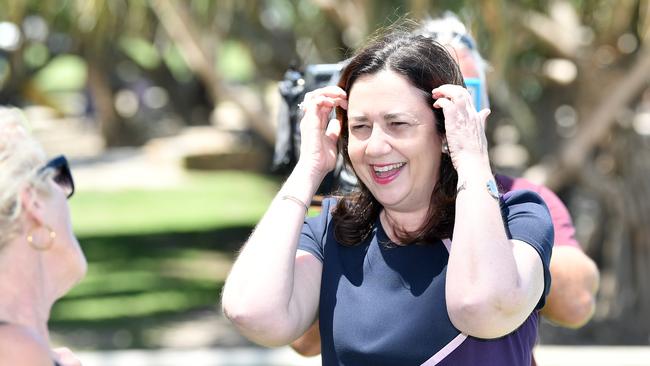
“I’ve said all along we will review those decisions at the end of the month,” she said on the Sunshine Coast.
“The Chief Health Officer will provide her advice to us and we’ll take that advice.
“What is encouraging from Victoria is the really low cases, zero I think they’ve had for a couple of days in a row but of course they’re coming out of lockdown so we’re going to be looking very carefully over the course of November to see how they go.”
She said she would continue to take CHO Jeannette Young’s advice and “do whatever she says in terms of the next steps”.
Most other states including Western Australia, which until recently was virtually isolated from the rest of the country under the nation’s strictest border controls, have outlined a clear road map for reopening their borders or set detailed criteria for relaxing controls.
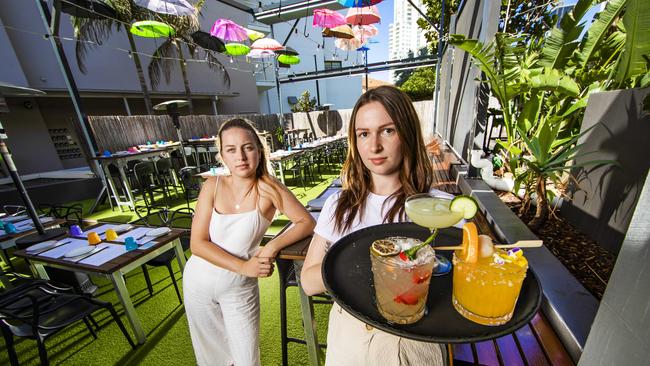
From November 14, WA will reopen to any state or territory that has recorded a 14-day rolling average of less than 5 community cases per day of COVID-19.
Ms Palaszczuk said the “key things” Dr Young was monitoring were community transmission and if Victoria could “continue to flatten the curve” but did not provide any specific criteria for the decisions.
A Queensland Health spokeswoman said the border was closed to anyone who had been in a COVID hotspot in the past 14 days but confirmed some of the criteria determining a hot spot was “at the discretion” of the CHO.
“These are difficult decisions made with the consideration of several factors,” she said.
“A range of criteria are used to determine hot spots including testing rates and cases of local transmission. Other criteria may be used at the discretion of the Chief Health Officer.
“We know this pandemic is not over, these decisions will continue to be made as our heath response continues and we continue to see new cases across the nation.”
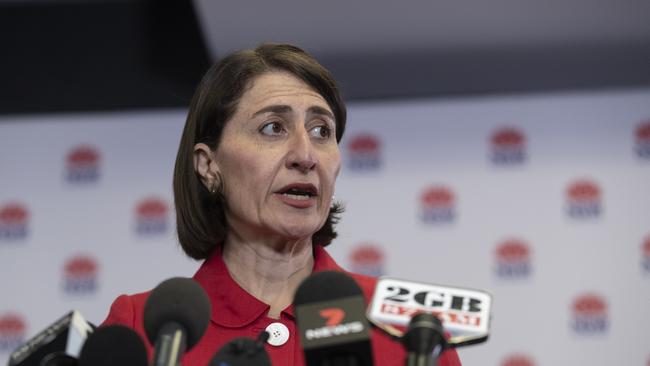
Major Gold Coast hospitality identity Simone Tunbridge – who owns six venues in the city – believes Annastacia Palaszczuk’s border policy is ridiculous.
“Given that the Gold Coast is such a huge tourist destination for greater Sydney residents, we’re missing out on a huge chunk of tourism dollars,” she said.
New South Wales Premier Gladys Berejiklian said plans to reopen that state’s border with Victoria were “another step in the right direction” to keep the state “moving forward and operating in a COVID-safe manner”.
Australian Defence Force personnel were stationed at Queensland’s border checkpoints until last month before withdrawing assistance as the border bubble became a well-oiled machine.
However, the impending arrival of Victorians into NSW – and fears they could then try to illegally enter Queensland, now have the state’s police on high alert.
It will require a heightened police response at border checkpoints, similar to the short-lived model in July when Queensland was open to Sydney, but not to Victorians attempting to travel through to Queensland.
It will place extra strain on police resources, after earlier complaints that some of the state’s top homicide detectives, child protection officers and bikie task force cops were being dragged from frontline duties to patrol border crossings.
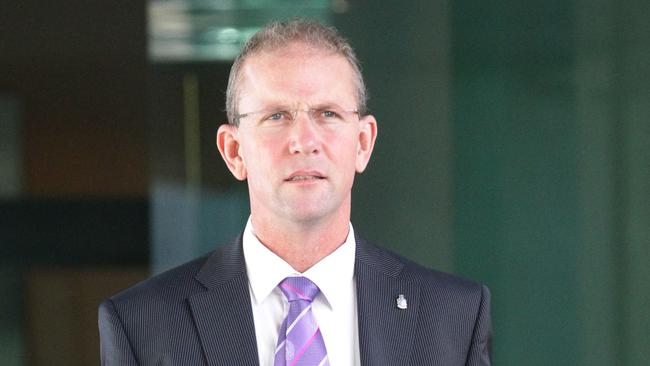
Queensland Police Union President Ian Leavers said the return of ADF personnel would help a police service already stretched thin across the state.
“If the borders re-open, it would be ideal for the ADF to again provide their assistance,” he said.
“While we as police will always go above and beyond and do what we need to do to keep Queenslanders safe, the more assistance we can receive from agencies such as the ADF will ensure we are able to process people who wish to come to Queensland faster, and at the same time keep Queensland COVID free so we don’t end up like Victoria or some of those hot spots we have previously seen in NSW.
“This would in turn mean police can attend to other duties as well.”
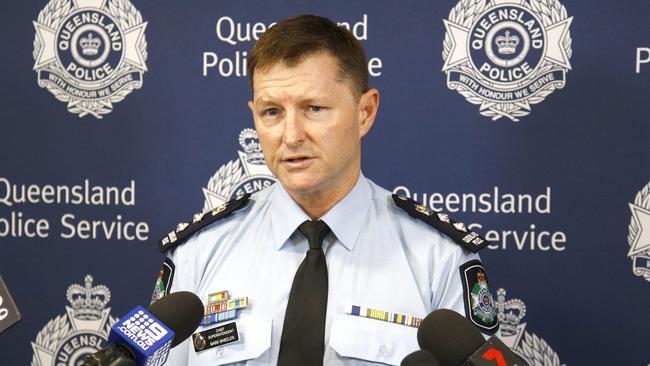
Chief Superintendent Mark Wheeler of Gold Coast Police said discussions involving a return of the ADF would need to take place at a national level, but said he would not hesitate to call for reinforcements if warranted.
“We wouldn’t rule out calling for extra manpower if a need becomes apparent with changing situation on the borders,” he said.
“We wouldn’t ever rule that out at any stage, but at this point, we still don’t know what that situation is going to look like in a few weeks’ time.”
Back in July, traffic jams to cross the border routinely stretched for more than an hour as police were forced to intercept cars entering the state from NSW which may have come from hot spot areas or from further afield in Victoria before that state was shut off to the rest of the country.
Queensland recorded two new COVID cases on Wednesday with both in hotel quarantine. There were eight active cases in the state.

